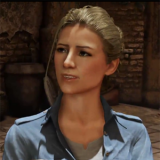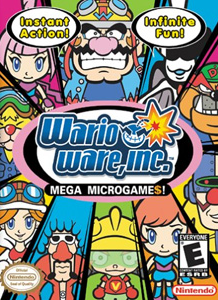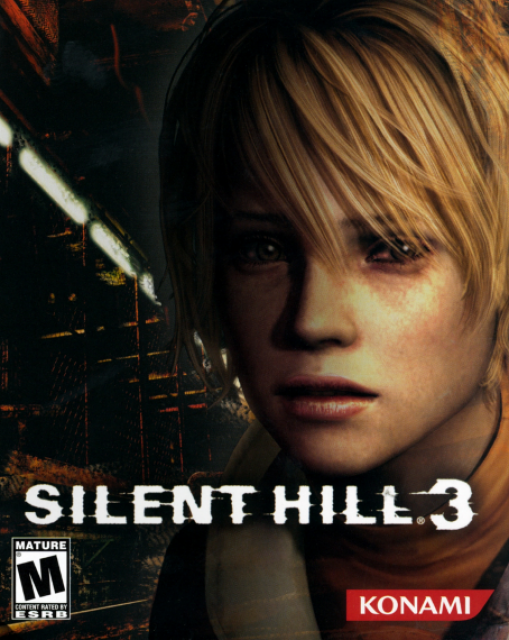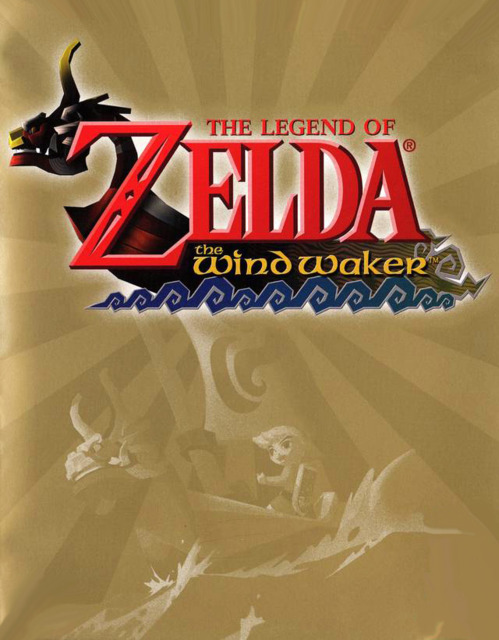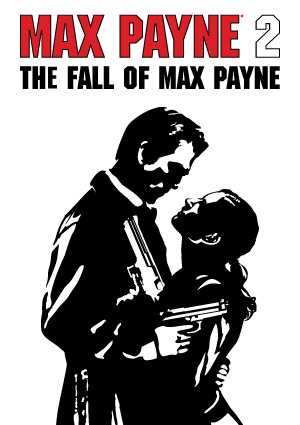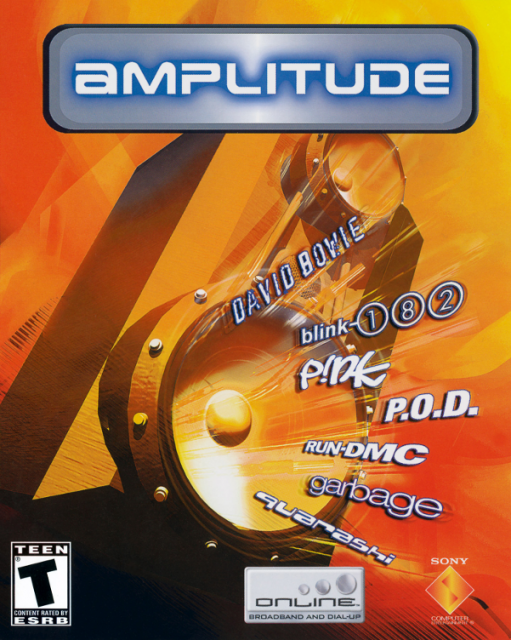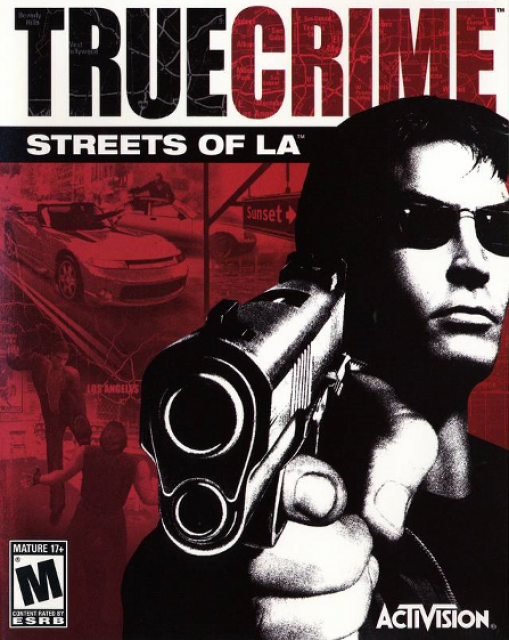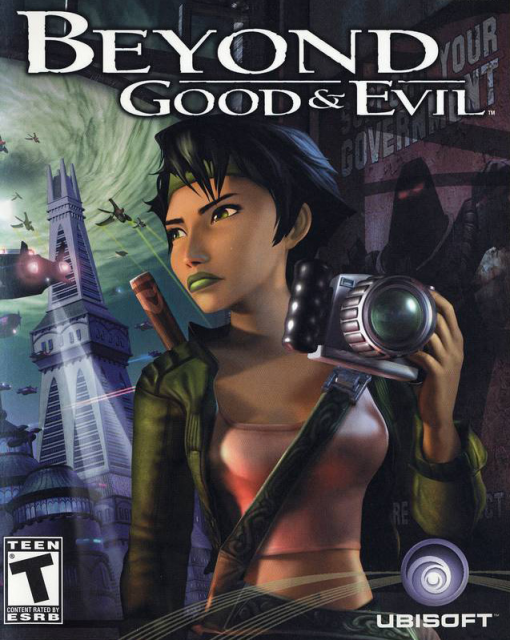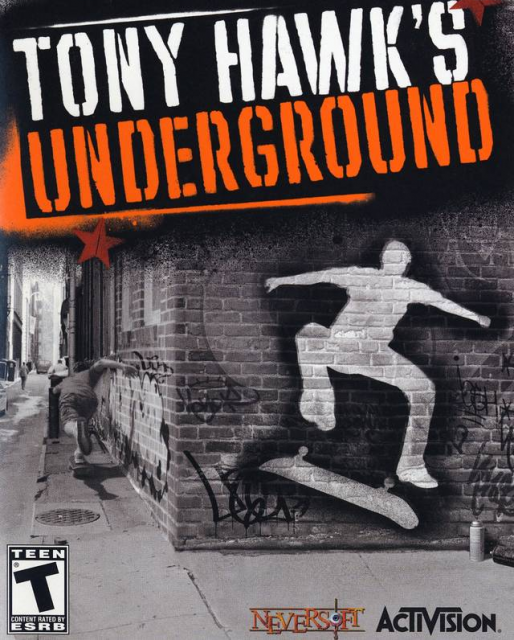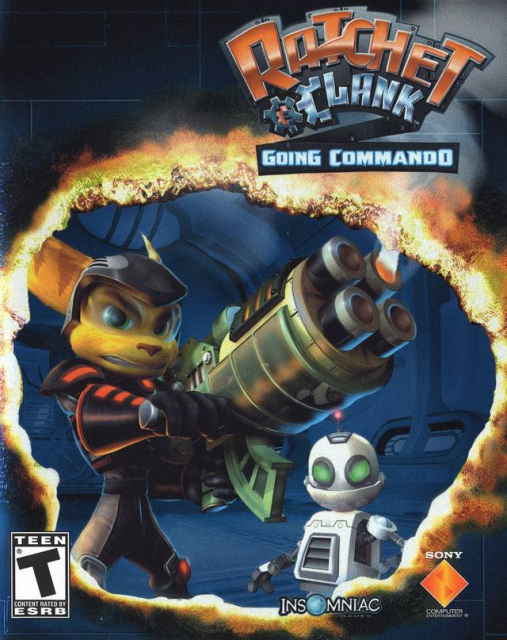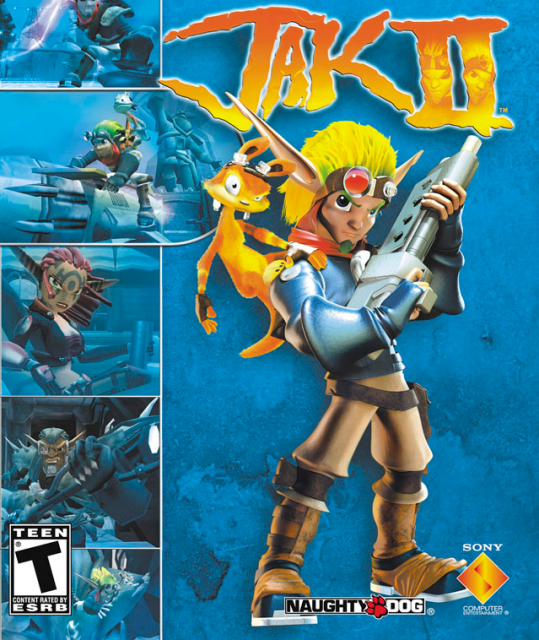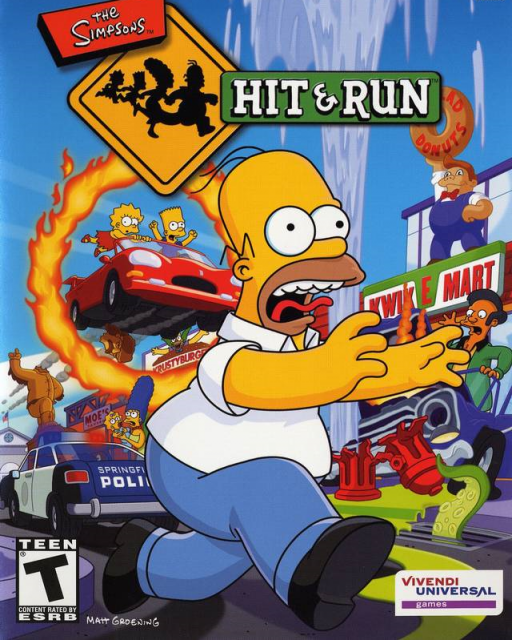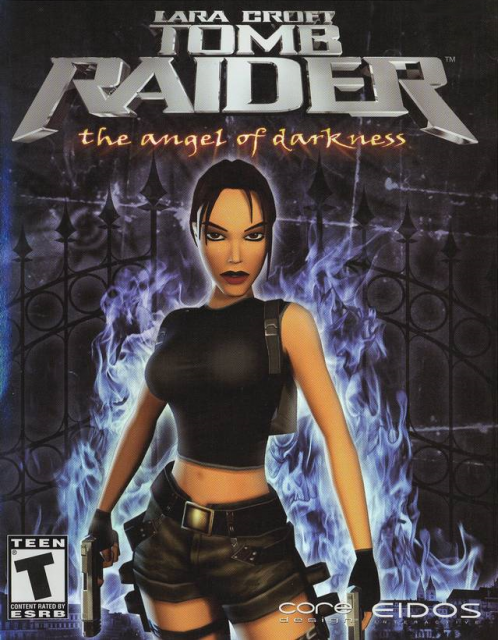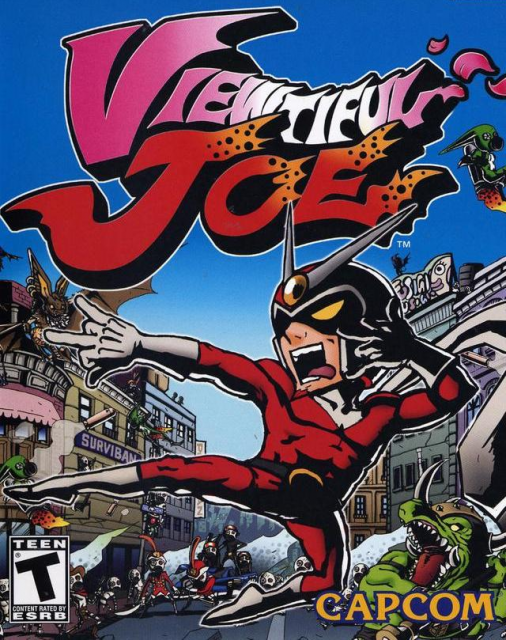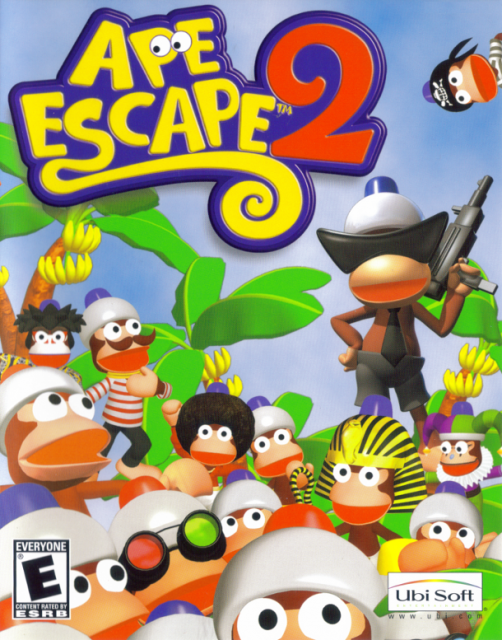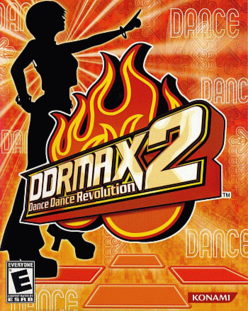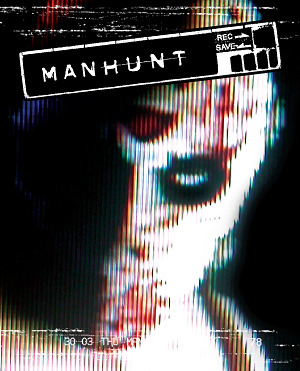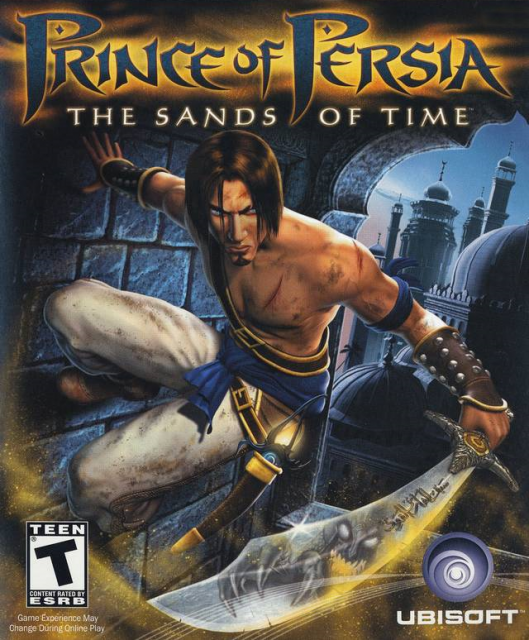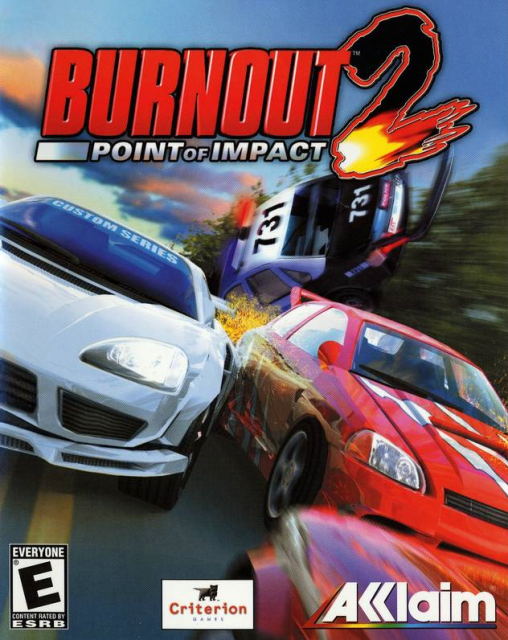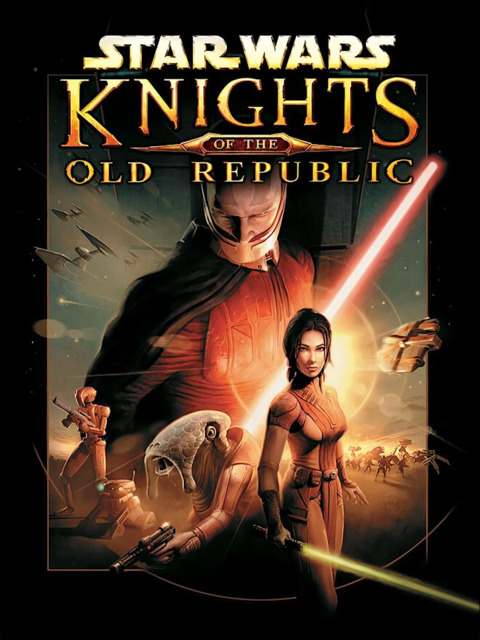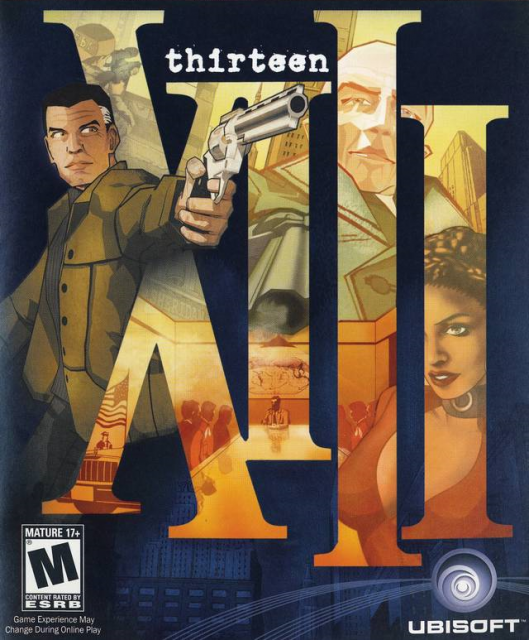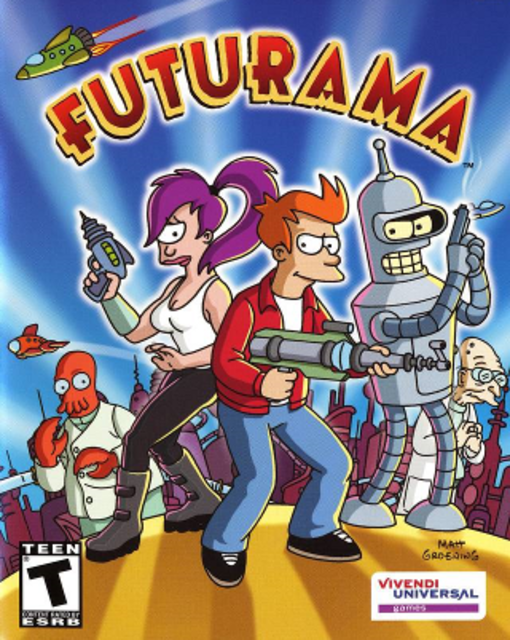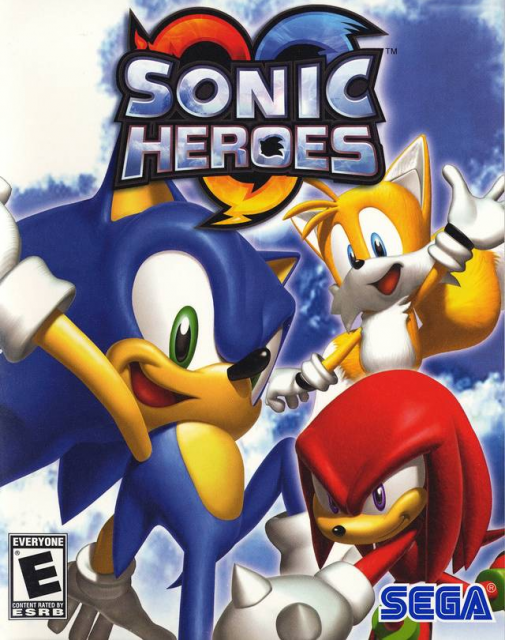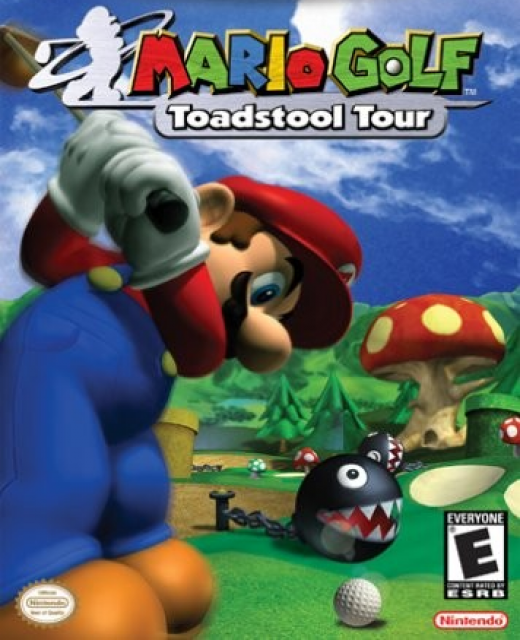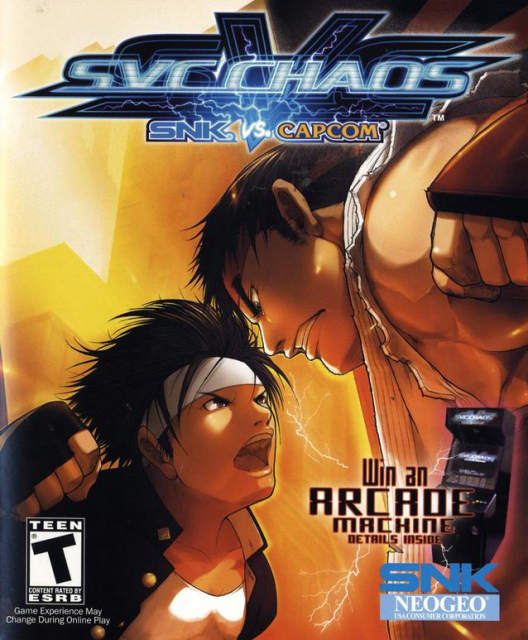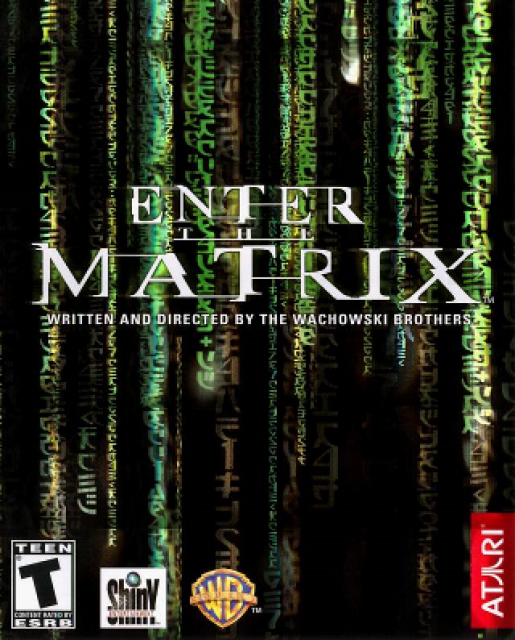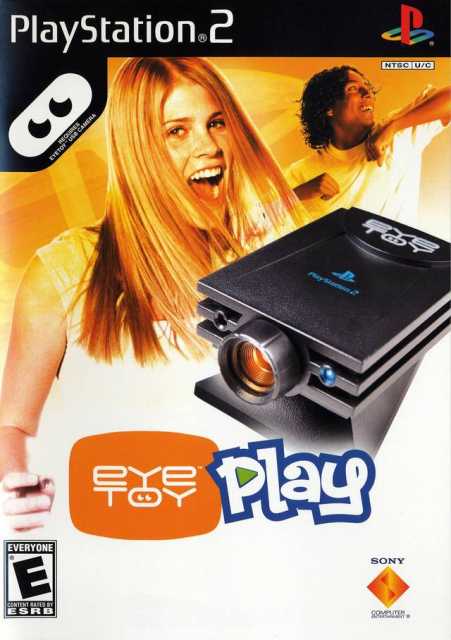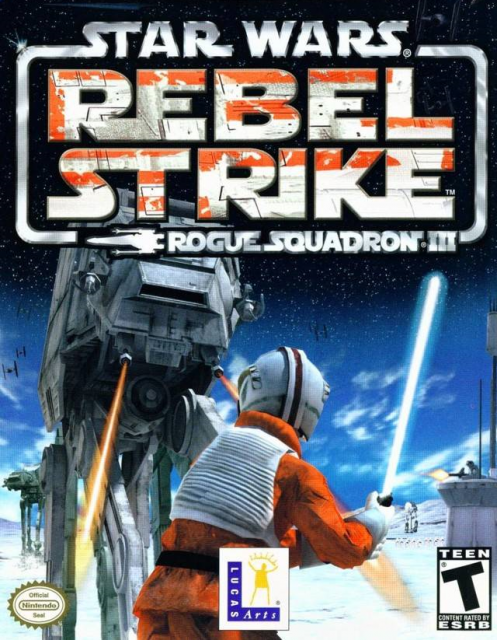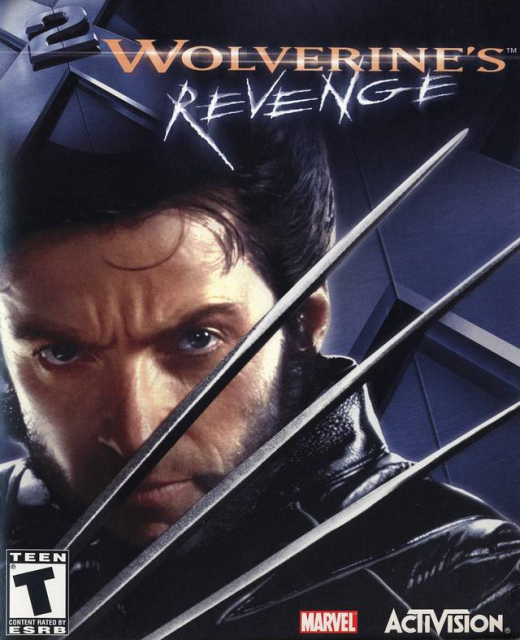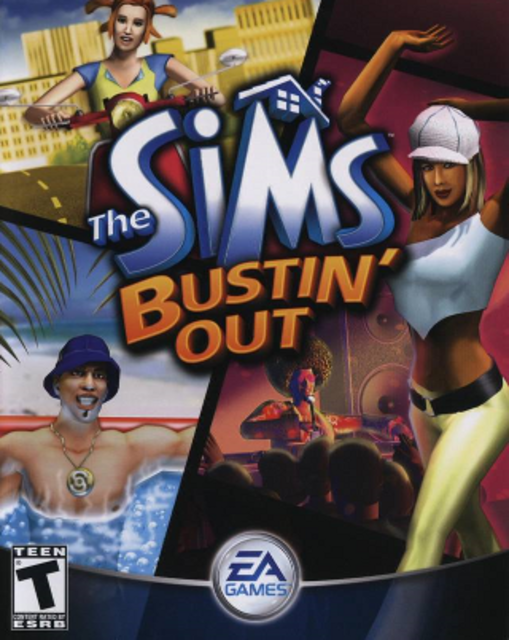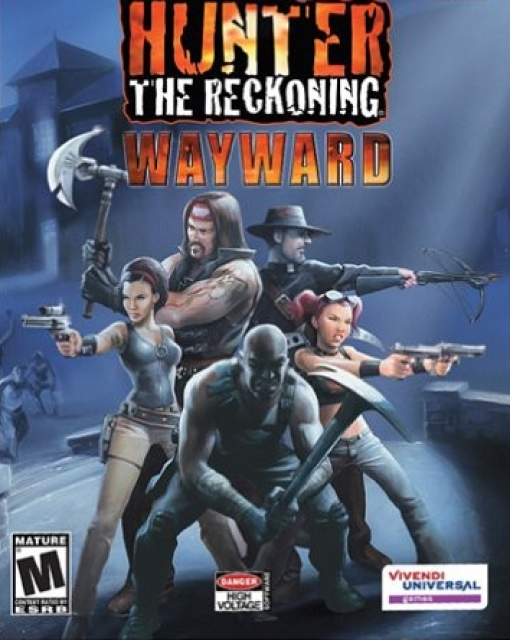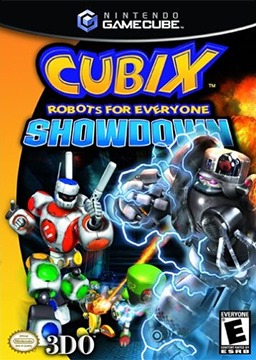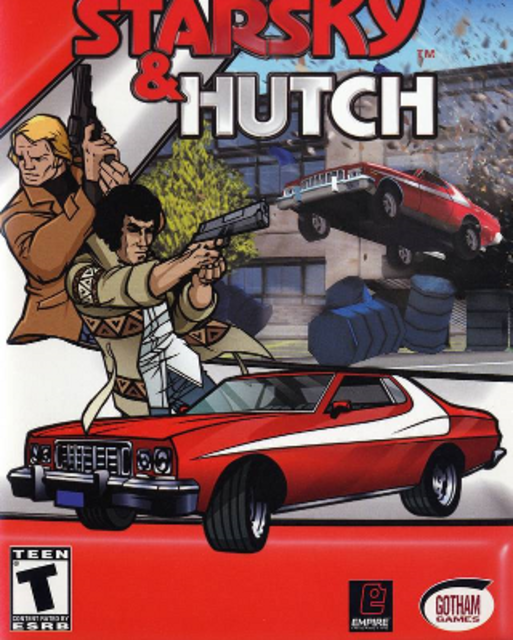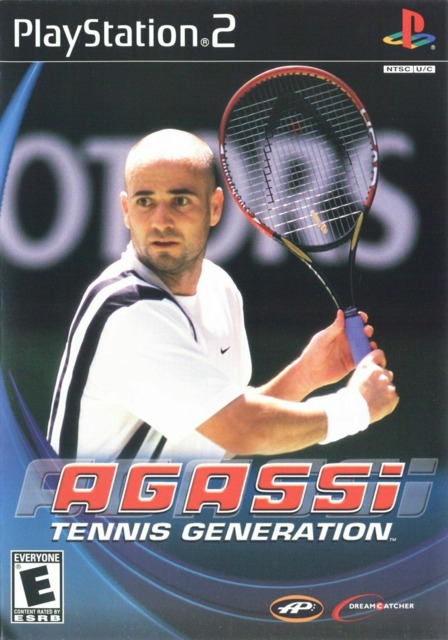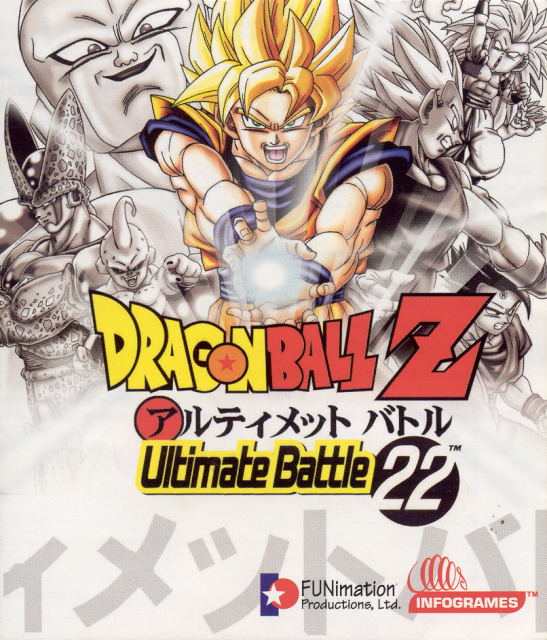List items
-
-
-
-
-
-
-
-
-
-
-
-
-
-
-
-
-
It's not often discussed as such, but for the various Rockstar studios the 2000s were the era the Rockstar experimental game. There was The Warriors, a movie tie-in game released thirty years after the movie it adapted, Beatorator, the portable DJ tool-kit - ROCKSTAR TABLE TENNIS! Hell, even Grand Theft Auto: San Andreas' multiplicity of life-sim minigames and Grand Theft Auto IV's strangely cinema verite-style would qualify as experimental when put alongside the feature set-heavy Grand Theft Auto V.
Of the mid-aughts Rockstar experiments, Manhunt is probably the weirdest. It's a horror-stealth title in which the player, starring on the wrong-end of a kind of epic-scale snuff film, is hunted by a series of archetypical psychopaths. One-on-one fights almost always end in death, so the player is forced to stick to the shadows and execute enemies from behind in order to succeed. Here's the kicker: the more brutal the execution, the more points the player receives. During execution sequences, the camera shifts from a traditional third-person perspective to reality-TV-style hidden camera, which fixates on the gore.
If you know about Manhunt at all, you know about it because this conceit was very controversial during an era in which Grand Theft Auto was being assigned an 'Adults Only' rating for allowing modders to uncover hidden sex scenes in its games. People were primed to be horrified or, conversely, defensive of the imagery in Manhunt, and I'm convinced that nearly all of the controversy surrounding the game's depiction of violence is thanks to that latent controversy surrounding Rockstar. I straight up do not think that the content of Manhunt justifies the controversy surrounding it.
Why? Well, first of all, the violence itself - and by this I mean that actual, literal acts of violence the player commits - is nominally the same as, say, the films Arnold Schwarzenegger made in the 1980's. Manhunt is gory, but it's less gory than even the most middling of Friday the 13th films of the '80s and '90s, let alone the violence of horror films which were actually contemporary to Manhunt. The violence, gore, and suffering of the Saw series far, *far* outstrips the violence depicted in Manhunt.
Yet, the controversy around Manhunt seems to persist even into the 2020s. Multiple widely viewed Youtube essays published over the last two years languish in this supposed moral controversy. The only rational explanation I can think of is that the controversy surrounding Manhunt doesn't generate from the game's violence (if it even generates from the game *at all*), but instead from the game's *framing* of its violence.
Manhunt's hidden camera, reality TV visual device draws a direct analogy not between the player and the player character who perpetrates the violence, but instead between the player and the snuff film director who perversely enjoys spectating the violence. Much like the mid-aughts horror film "Funny Games," Manhunt's visual framework forces the player to consider the reason they're even playing that game to begin with. It forces the player to answer the uncomfortable question: "why did I want to see this?"
This is some clever game design in a vacuum - at least, clever enough to flabbergast virtually everyone who engages with and discusses the content of Manhunt, apparently - but it's ultimately not that interesting a question in and of itself. The implicit perversity of Manhunt's framework (and this is true of Funny Games as well) undermines what makes its own genre compelling. Some people watch horror because they're afraid of humanity's capacity for cruelty, others to process cruelty which was perpetrated onto them previously, others because the visual design of horror is a rich and colorful tradition throughout culture. Moralizing over the nature of horror is boring and, frankly, sort of annoying.
To be clear, I'm calling Manhunt out for this as well. The *most shocking* aspect of playing Manhunt in the 2020s is that it's really, really impressed with itself. This is a game built upon what appears to be the Grand Theft Auto: Vice City engine - with all of the clunky, mechanical baggage that comes along with that - and features characters who are *written in the same mode of caricature as Grand Theft Auto: Vice City.* Manhunt is so dark, so janky, so ear-piercingly loud with its racial and cultural stereotypes, that not only falls short of horror but, in fact, plunges into Rockstar self-parody. By the time I ran into a guard named Fug, who speaks with an exaggerated, The Simpons-esque imbecilic voice, and saw that he had a tattoo emblazoned across his stomach which read "DRUG SLUT," I uninstalled the game, watched the ending on YouTube and moved on with my life. Manhunt is a grimdark narrative in the Todd McFarlane school of grimdark. It's not worth all the discussion it's garnered over the years.
-
-
-
The most shocking thing about playing Knights of the Old Republic contemporaneously is that is has so little within it. This isn't to say that it lacks an epic-length scope - the game's plenty *big,* and you can frequently see the structural foundation of BioWare's legendary follow-up title, Mass Effect, beneath the surface. Rather, it's that Knights of the Old Republic, in comparison to the BioWare games that would come both before *and* after it, does precious little as either a role playing game, a Star Wars game, or as a narrative object generally. There's no substance to it.
First, consider the game's isometric, D&D-inspired mechanics. BioWare's Baldur's Gate titles are terrific, but it's no secret that their faithful interpretation of D&D's complex combat makes them unfriendly to those uninitiated with the D&D tabletop games. In an effort to attract a broader audience - say, the a Star Wars audience - BioWare took the basic functions of the Baldur's Gate combat system and truncated it to the point where it's nearly unrecognizable. What used to be a complex blend of character and tactics is here reduced to a stop-and-start game of 'whack the other guy and smack a status effect button now and again for good measure.' It's less complicated than the comparitively more accessible Pokemon games, but nowhere near as deliberate or clever. More often than not, KOTOR's strangely passive tactical combat feels like the product of a game still testing in alpha, barely a finished product let alone a combat system within one of the most beloved RPGs of all time.
So the combat is garbage - fine. No one's really playing KOTOR for the combat, anyway, right? They're playing it for the epic-scale Star Wars story. Unfortunately, this is where KOTOR is at its most baffling - KOTOR's narrative is exponentially less coherent than any Star Wars movie save for (maybe) Episode IX. The republic is embattled by a new Sith lord, and the player gets to choose who to side with. What, exactly, are the values of the republic? Good question! Despite the fact that this game is literally titled "Knights of the Old Republic," we see precious little of the Old Republic, and what we do see is pretty much stock-standard Star Wars prequel stuff. The sith, for their part, are all psychotically violent imperialists who live only to kill. Throw in an extremely weird personal motive for the player character and backstories for the companion characters that get revealed over a laboriously slow period of time, and that's pretty much KOTOR.
But here's a question: who fucking cares? Honestly, I don't expect much from a Star Wars plot, but I certainly expect more than this. The representations of people, societies, hate groups, imperialists, bureaucracy - they're all pre-made archetypical, 'within-the-lines' narrative components. This is IKEA furniture-storytelling. For all the hate they get, it's pretty obvious that the Star Wars prequels are metaphors for the U.S. war in Iraq. The original trilogy is pretty transparently about fascism. KOTOR possesses a fraction of that kind of narrative ambition. It's about nothing.
Even on the basis of a roleplaying game, this is all empty calories. KOTOR, being a story of good and evil, presents the player with a variety of ethical quandaries which can be solved in a 'light side' way, which makes for a more effective light side character, a 'dark side' way, which makes for a more effective dark side character, or sometimes a neutral way, which offers no benefits whatsoever and rarely makes for a satisfactory ending.
But the moral problems KOTOR presents the player with are *incredibly* straightforward. An early sequence asks, "when you see a racist hate mob bully a person who is in a racial minority, do you join in with the hate mob or ask them to leave?' This is an obvious answer - even playing as a supervillain I'm not going to roleplay as a Star Wars racist, there is no way KOTOR is going to do something interesting with the notion of Star Wars racism. Later sequences involve choosing to lie in court for political gain or telling the truth because it's right to tell the truth. OK! I guess I'll avoid committing perjury in this Star Wars game. One sequence has the player character (and this cracked me up) literally say the line, "I'm not sure your eugenics project is a good idea." These are the kinds of moral questions an 8-year old child could answer perfectly in seconds flat, but the entire game is predicated around continuing to confront the player with them. It's bizarre; embarrassing, even.
KOTOR had been on my gaming bucket list for over a decade, so on the one hand I'm glad I finally got around to finishing it, but on the other hand, OH MY GOD what the fuck was going on that people were so impressed by this game when it came out? I'm baffled.
-
-
-
-
-
-
-
-
-
-
-
-
-
-
-
